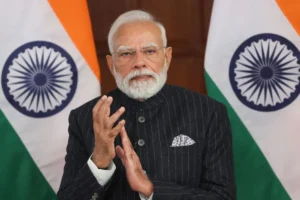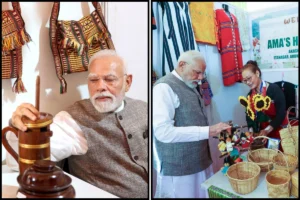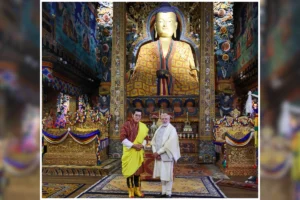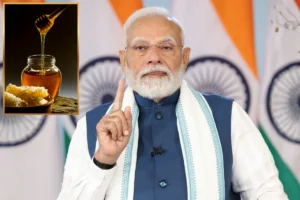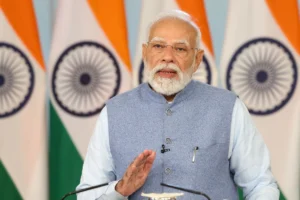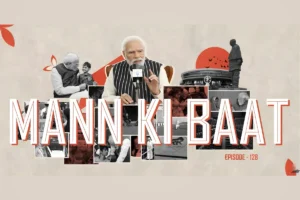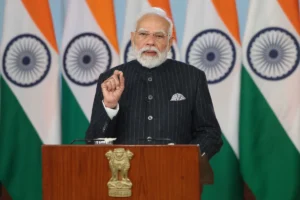
On Thursday, India strongly denounced China’s practice of issuing stapled visas to certain sportspersons from Arunachal Pradesh, asserting that it considers such actions unacceptable. The External Affairs Ministry Spokesperson, Arindam Bagchi, emphasized that India retains the right to respond suitably to such developments.
A stapled visa, as the term suggests, is attached to the passport of the applicant with a staple rather than being stamped directly into it. China’s decision to utilize stapled visas for individuals from Arunachal Pradesh stems from its longstanding claim that the region is part of its territory, an assertion India has consistently refuted.
India lodged a strong protest with China after a 12-member Wushu team scheduled to compete at the World University Games in Chengdu had their travel plans put on hold. The issue arose when three players from Arunachal Pradesh were granted stapled visas while the rest received regular visas.
During a media briefing, Bagchi reiterated India’s position, emphasizing that there should be no discrimination based on domicile or ethnicity in the visa regime for Indian citizens. India vehemently objects to such practices by China and will respond appropriately to protect its citizens’ rights.
This is not the first instance of China resorting to stapled visas for individuals from Arunachal Pradesh, leading to prior condemnations from India. In April, India firmly rejected China’s attempts to rename certain places in Arunachal Pradesh, reaffirming that the state is an integral part of India, and renaming does not alter this reality.
The dispute over Arunachal Pradesh remains a sensitive issue between India and China, with the latter continuing to assert that the region is part of Southern Tibet. However, India maintains its unwavering stance on the matter, emphasizing its sovereignty over the region and asserting the rights of its citizens without any discrimination.
Also Read: Crime Against Women: Woman Thrashed, And Tied To A Tree In A Semi-Naked State In Jharkhand
To read more such news, download Bharat Express news apps











